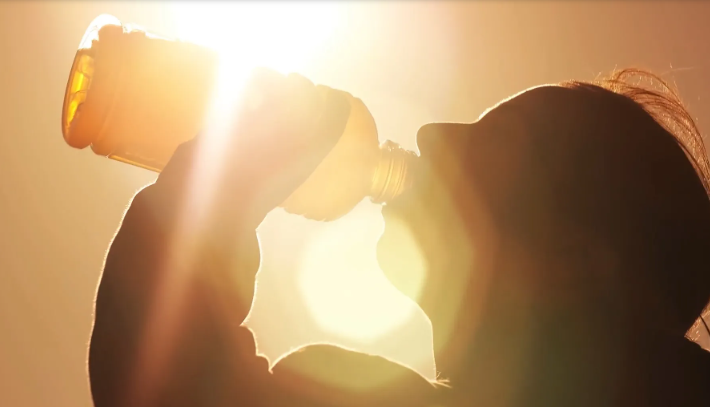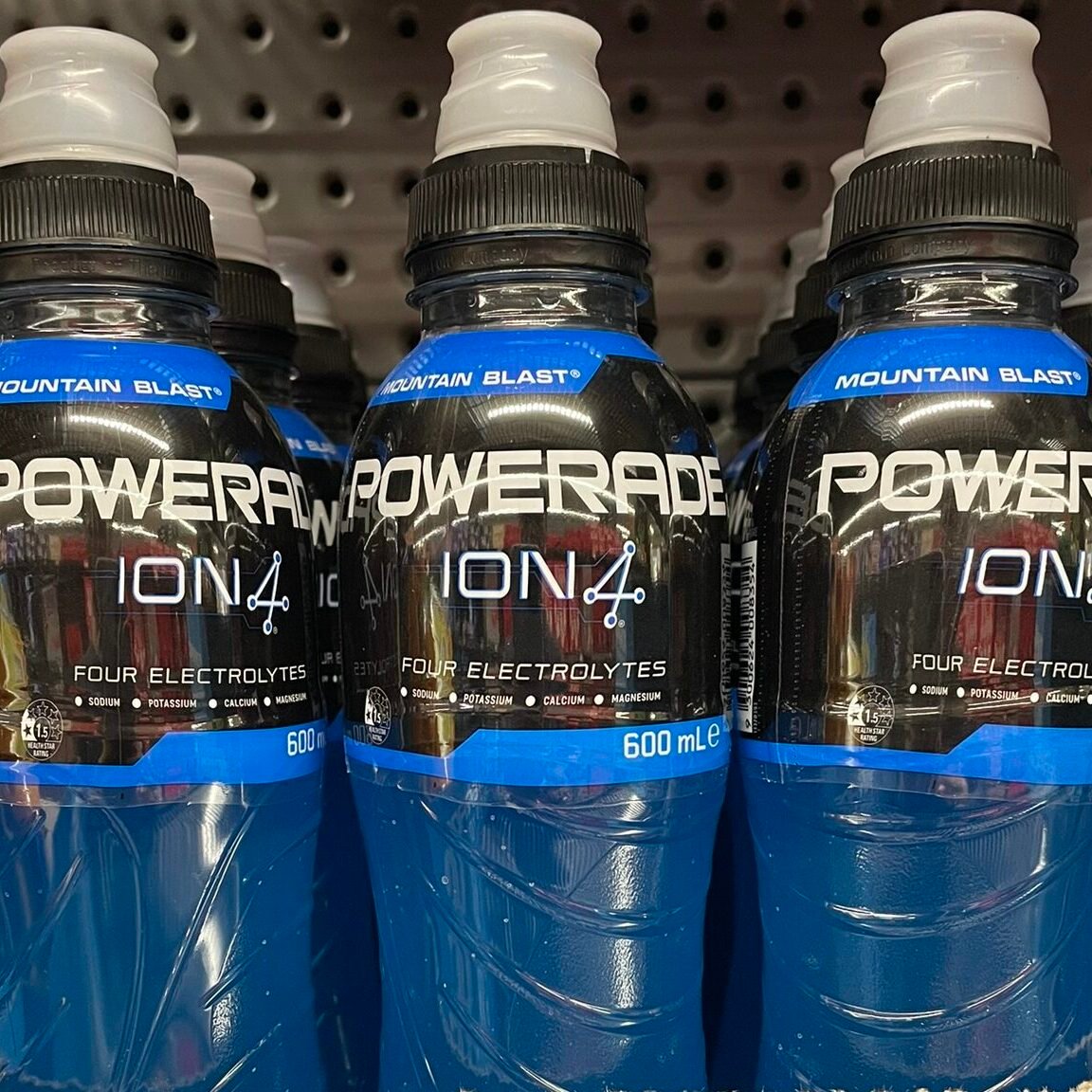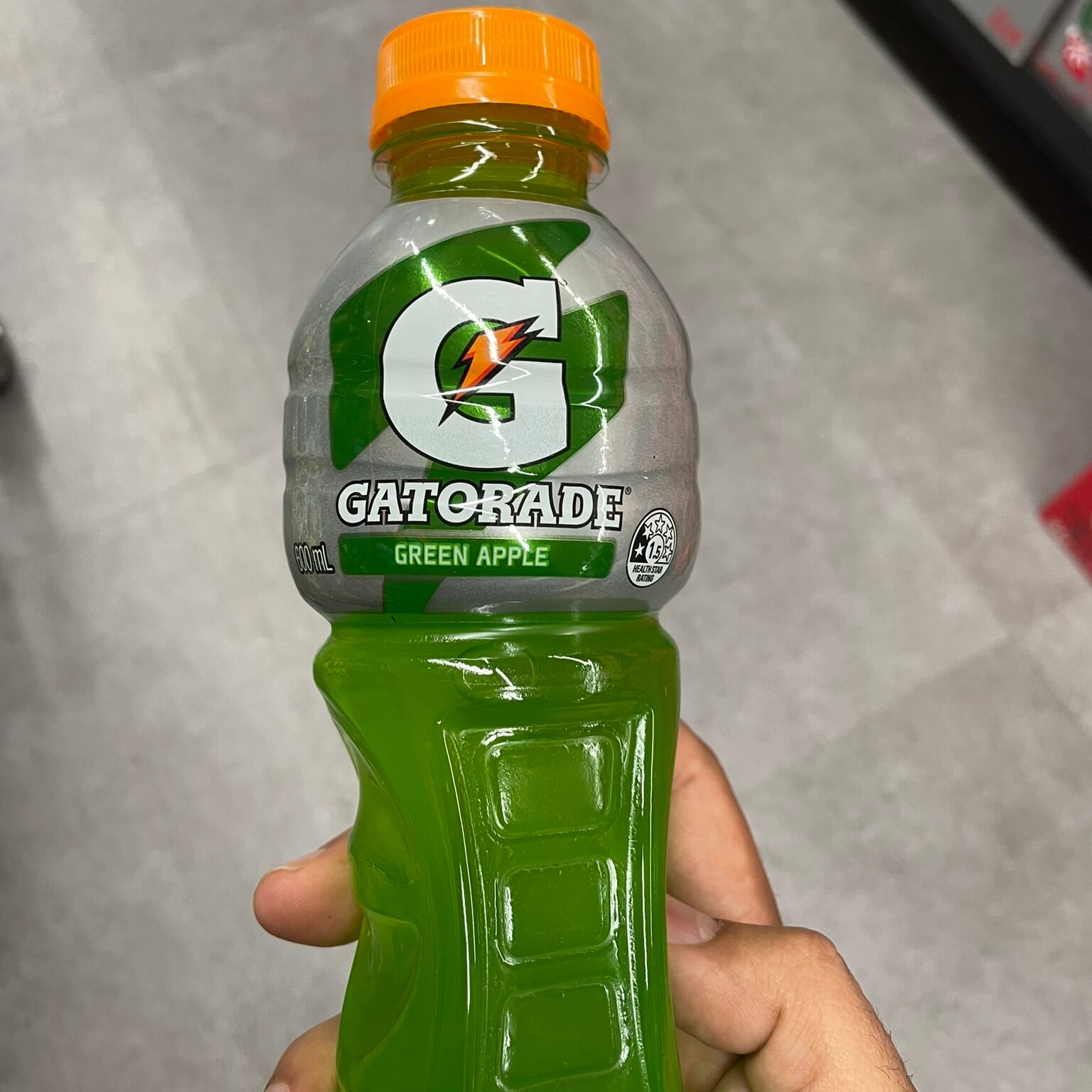For most people, it’s important to maintain electrolytes balance, matching your activity level and overall health. Whether you’re an athlete trying to achieve more strength or someone who loves to go hiking on weekends with a group of friends or family members, understanding this can make a significant impact.
What are electrolytes and why are they important?
Electrolytes are essential for maintaining the balance as they support the muscle function, hydration, and transmission of nerve signals. If you’re wondering how to balance your electrolyte intake, you’re not alone. Many people question whether they need supplements or drinks loaded with these minerals. There’s a lot more to electrolytes than just grabbing a sports drink after an intense and sweaty workout.
In our fast-paced lives, several factors can throw off our electrolyte balance. This includes intense physical activity, dehydration, illness, and poor diet. Understanding electrolytes and their importance can help you make better choices about hydration and nutrition. This is particularly important for athletes, people with specific health conditions, and anyone leading an active lifestyle, as they require higher electrolyte levels to perform at their best and maintain health and wellness.
Functions of electrolytes in the body

Electrolytes carry out essential tasks in our body as they help regulate fluid balance and ensure cells get the right amount of water. Due to right number of electrolytes, our body can maintain the blood pressure level. During physical activity and strenuous exercises, it is crucial to maintaining this balance specially to prevent dehydration.
Our body muscles and nerves also heavily reliant on electrolytes. They help in muscle contraction, meaning every time we move, electrolytes are at work. Also, they play a role in nerve transmission, making sure messages travel quickly from your brain to other parts of our body.
Different biochemical reactions depend on electrolytes. These include breaking down food for energy and building new cells. These reactions are essential for overall health.
Types of Electrolytes
Sodium is essential to maintain fluid balances in our body and sodium impacts directly on blood pressure. Our body requires about 2,300 mg of sodium daily, most of which comes from our diet. Whereas, Potassium is important for our muscle and nerve functions. Calcium is crucial for bone health and muscle activity. Our body receives a good amount of calcium from dairy products and leafy green vegetables. Magnesium contributes to energy release and helps with muscle relaxation. Nuts and seeds are great sources of magnesium. Chloride works alongside sodium to help regulate fluid balance in our body. All these electrolytes work in parallel to ensure the systems of our body operate smoothly.
Daily recommended intake to maintain electrolytes balance
For an average adult, it is important to consume a balanced number of electrolytes every day. For example, sodium intake should stay between 2,300 mg per day. Potassium daily consumption should be amounts ranging from 2,600-3,400 mg depending on your age and gender. For those who remain highly active, particularly in hot climates, additional hydration may be necessary to replenish what is lost through sweat.
It is important that we must always listen to our body. Whenever we feel fatigued or experience muscle cramps, it might be time to adjust our intake. Hydration levels can significantly influence how many electrolytes we need. Always consider our activity level and dietary sources of these vital nutrients.
Sources of electrolytes in food and drinks that help you maintain the right balance


Electrolytes like sodium, potassium, calcium, and magnesium are found in various foods. You can find sodium in table salt, soup, and canned foods. Potassium is abundant in bananas, oranges, and spinach. Calcium is essential, too—it’s in dairy products and leafy greens. Magnesium is found in nuts, seeds, and whole grains. If you’re into sports drinks, they can also provide a quick electrolyte boost but be mindful of their sugar and calorie content. Including a variety of these foods in your diet can help maintain your electrolyte balance. Be curious and creative in exploring different food sources to meet your needs.
Importance of maintaining electrolyte balance
It’s important to monitor and maintain your electrolytes balance, especially if your activity level varies or you have certain health conditions. Too much or too little can lead to complications. Symptoms of an imbalance might include dizziness, cramps, or confusion.
You can use apps or keep a journal to track your intake. Be aware of your body’s signals and adjust accordingly. If you’re unsure, consulting a healthcare professional might help in getting personalized advice.
Keeping a close watch lets you stay on top of your health, ensuring you get just the right amounts for your lifestyle.


